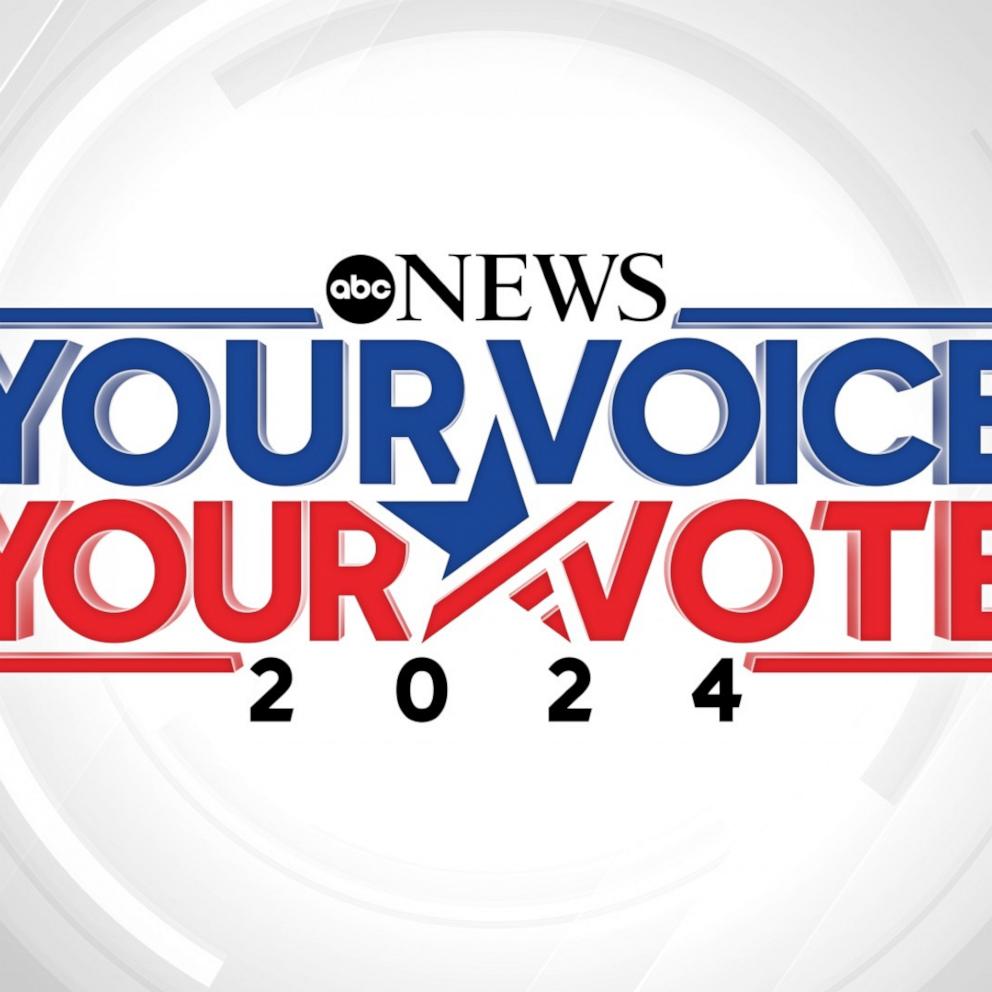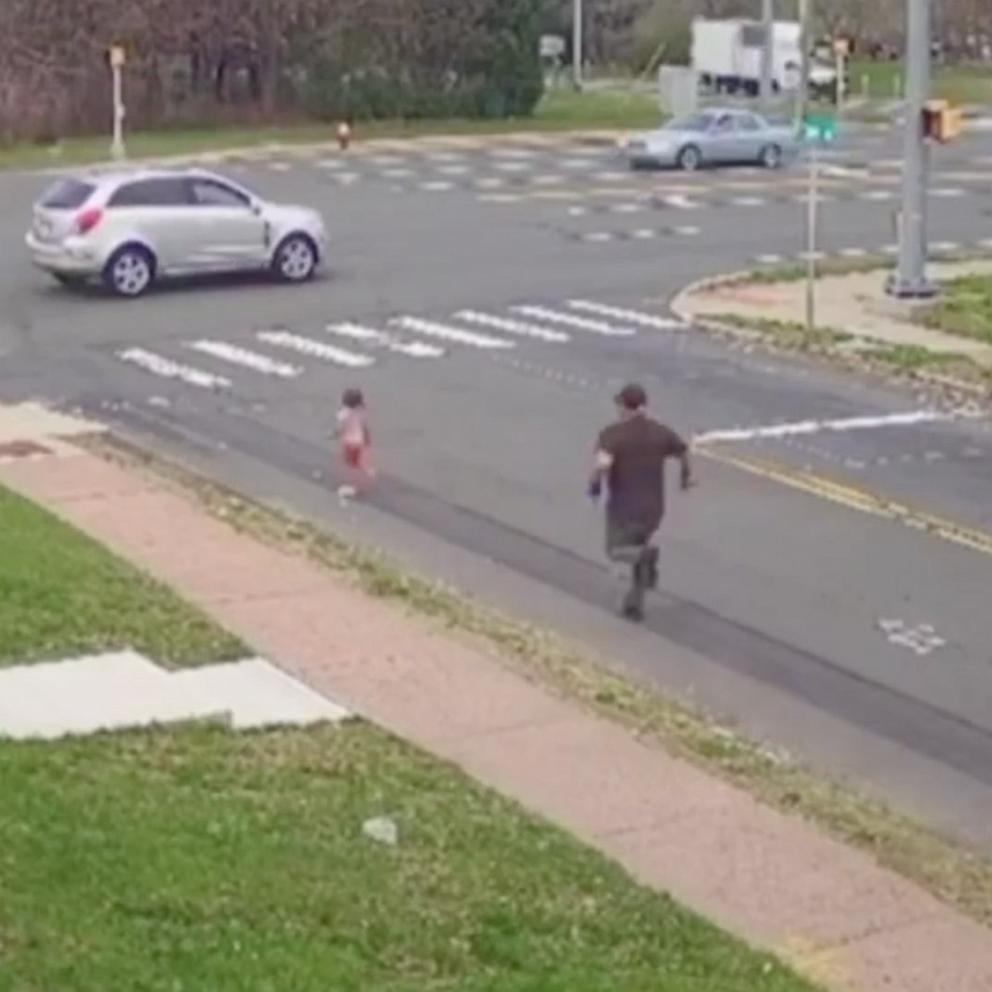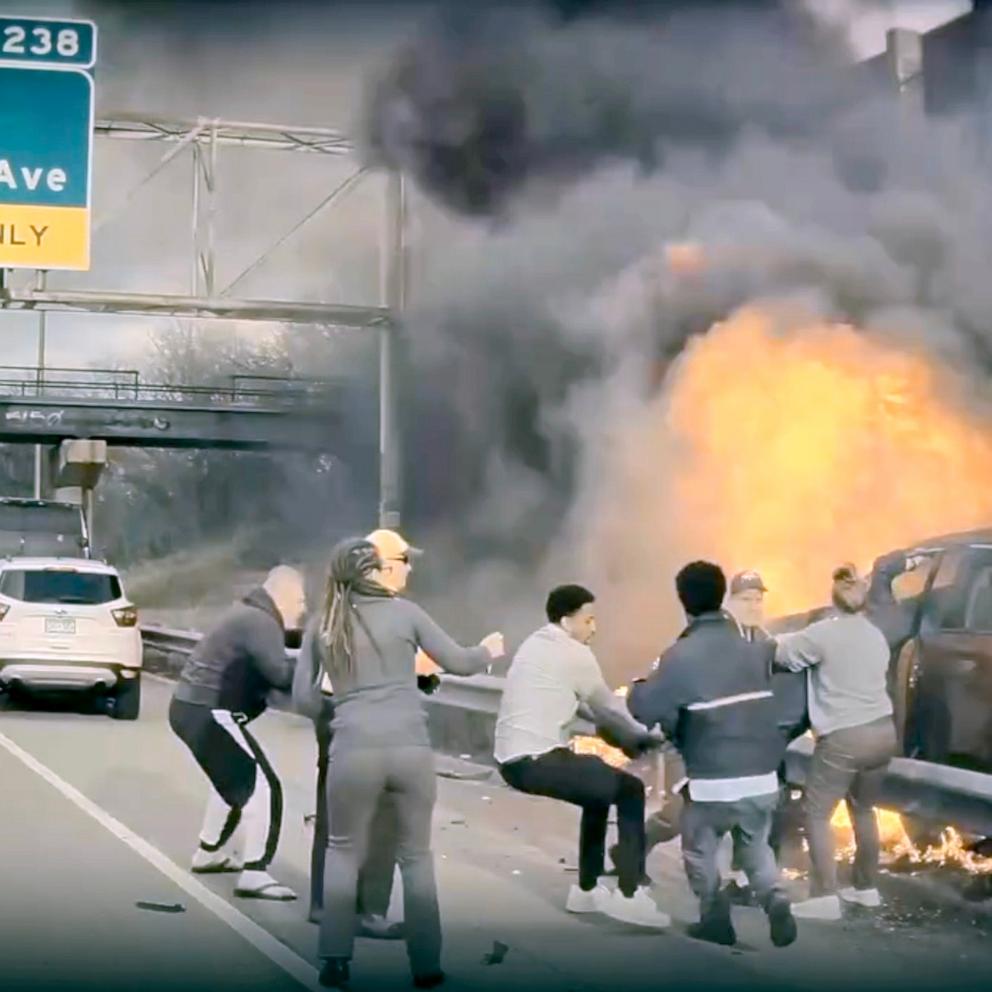Why assault victims stay in touch with attackers, in light of Weinstein defense
The downfall of Harvey Weinstein brought forth not only a tidal wave of accusations against the producer and other powerful men in Hollywood, but also a shift in the way many think about sexual assault.
The accusations, amplified in the public sphere by the #MeToo movement, forced many in the country to rethink stereotypical notions of rapists as violent strangers in dark alleys, instead acknowledging that many assaults are committed by someone known to a victim.
Now, as Weinstein's defense attorneys plan to bring to light "dozens and dozens and dozens of loving emails" sent to him by accusers in the aftermath of the alleged sexual assaults, experts explained the public will once again have to reckon with their misconceptions.
But this time, misconceptions about victims.
"The reactions [of victims] are often very different than what we anticipate," Elizabeth Jeglic, Ph.D., a psychology professor at New York's John Jay College, told ABC News in a telephone interview Wednesday. "I think there's the expectation that somebody will come forth right away, which is not the case. They expect them to be immediately traumatized. … Sometimes it can take years for someone to realize it was rape."
Defense attorney Damon Cheronis said his team will use the emails to counter the accusations by the women with "their own words, where they describe loving relations, sensual encounters with Mr. Weinstein."
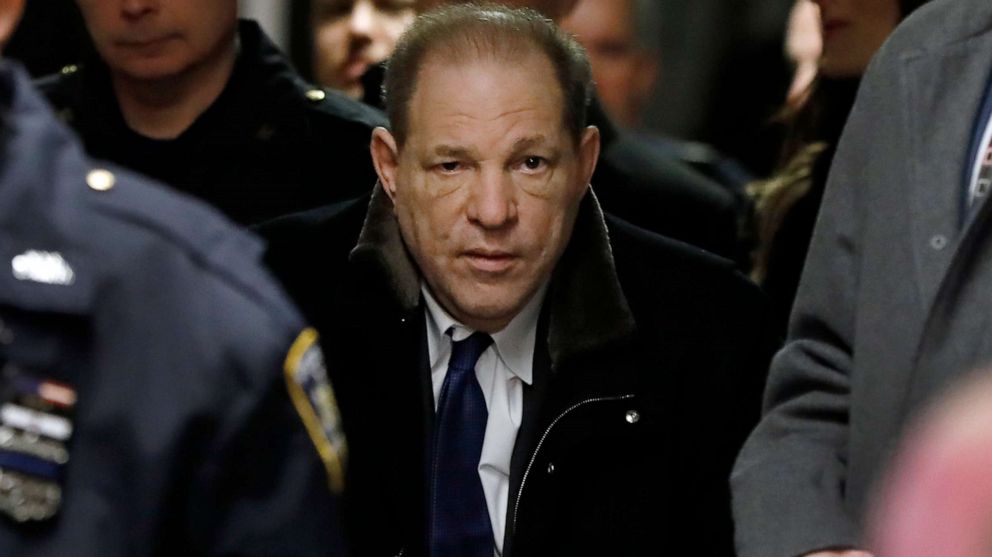
The trial for Weinstein, who's charged with five felony counts related to two women, including two counts of predatory sexual assault, began Wednesday. Six women, including the two involved in the charges, are expected to testify that Weinstein sexually assaulted them.
During opening arguments, Cheronis presented emails from two of the women, Mimi Haleyi and a woman ABC News is not naming because she hasn't publicly come forward. Haleyi was Weinstein's production assistant. She has accused him of performing a forcible sex act on her in 2006.
The emails, presented in court, included messages seeking jobs, wondering whether Weinstein would be in Los Angeles for one woman's birthday and chatting about Broadway.
Haleyi at one point, according to Cheronis, asked Weinstein to fly her to London several days after he allegedly sexually assaulted her.
Cheronis said this indicated there was a comfortable relationship and that the accusers were trying to "have it both ways."
Experts who spoke to ABC News and have studied sexual assaults disagreed.
Jeglic said that while victims respond to sexual assault in a variety of ways, some do continue or begin a relationship to help them cope with the lack of control they felt during the assault.
"If they can now conceptualize this as a relationship, they can feel they have control, whereas before they didn't feel they had control," Jeglic said.
She said that while such a response is not uncommon, there is no data on exactly how often it happens.
Other times, victims don't want to acknowledge that it's a rape and will maintain that it was something that happened consensually or as part of a relationship, according to Jeglic.
"Acknowledging that it is rape, that can be something that is really painful," she added.
A meta-analysis, conducted in 2016 and published in the U.S. National Library of Medicine, examined 28 studies involving 5,917 female rape survivors and found that 60.4% didn't acknowledge the incident as rape.
Many described the rapes as "bad sex" or "miscommunication," the meta-analysis found.
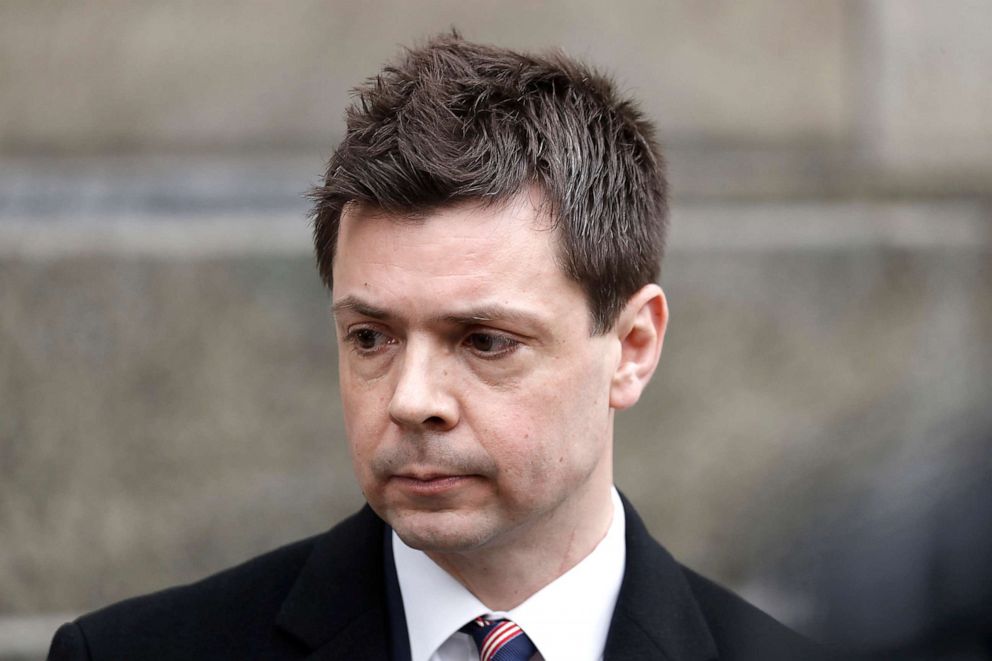
On average, there are more than 433,000 rape and sexual assault victims aged 12 or older each year in the U.S., according to the Rape, Abuse & Incest National Network.
Most are women.
Of those assaults, 51.1% of female victims report being raped by an intimate partner and 40.8% by an acquaintance.
While statistics vary among organizations, RAINN cites that 1 out of every 6 women will become a victim of an attempted or completed rape in their lifetime. The National Sexual Violence Resource Center says that 1 in 5 women will be raped. And rape, according to the NSVRC, remains one of the most underreported crimes.
Fontes said the defense's argument surrounding the emails could not only be potentially harmful to the victims on the stand, but also to other victims deciding whether to come forward.
"It confirms fear that all victims have: that they will not be believed and that they were responsible in some way for the assault," Lisa A. Fontes, PhD., an international expert on sexual assault and intimate partner violence, told ABC News in a telephone interview. "It could have a silencing effect."
Like Jeglic, Fontes said it's not uncommon for a victim to contact their assailant after an assault, especially if the person has some sort of power over their career.
"Many of us have experiences of difficult bosses, and we put up with them because we don't feel like we have a choice, because we need the job," Fontes said. "This is a very familiar experience so it should not be difficult to understand."
As to whether or not she thinks people will understand it, Fontes wasn't so sure.
"I think if explained properly, the majority of people could understand it," she said. "Will they understand it? I have no idea."
If you or someone you know experienced sexual assault and is seeking resources, call the National Sexual Assault Hotline at 1-800-656-HOPE (4673).
ABC News' Chris Francescani contributed to this report.
